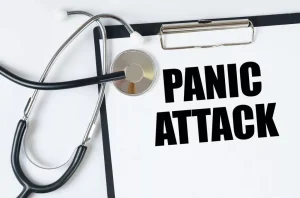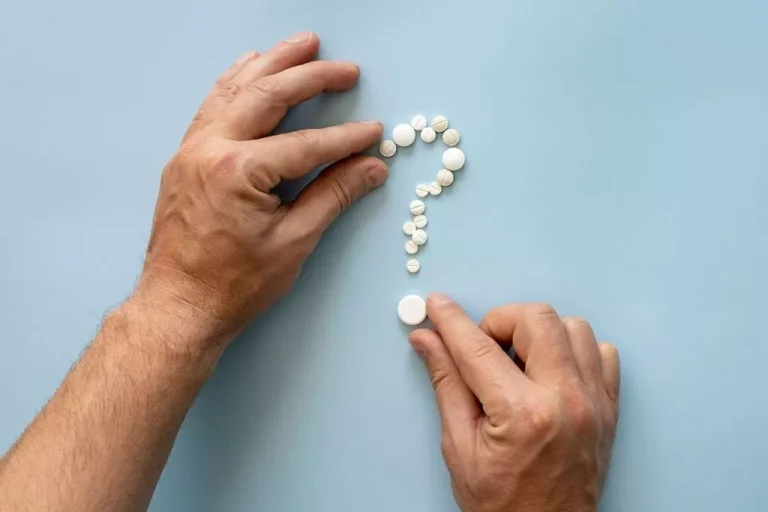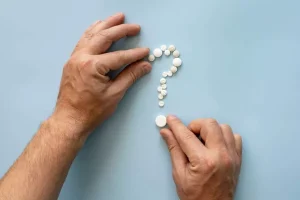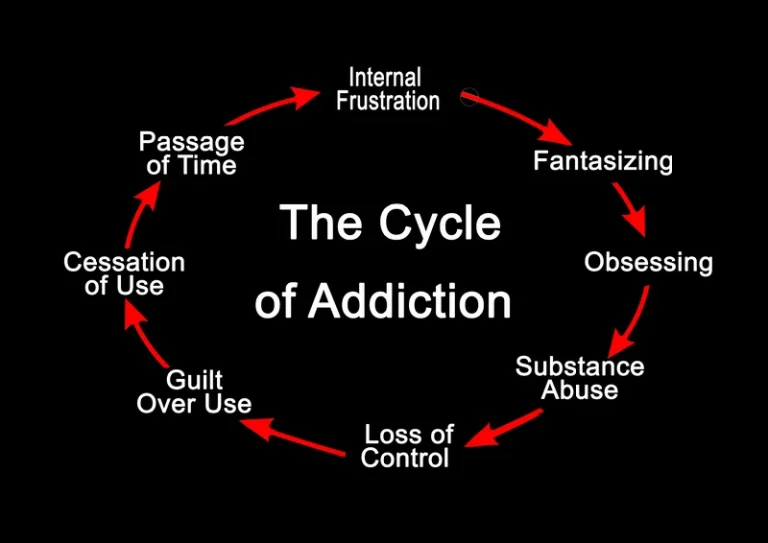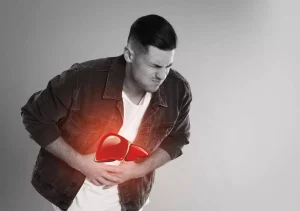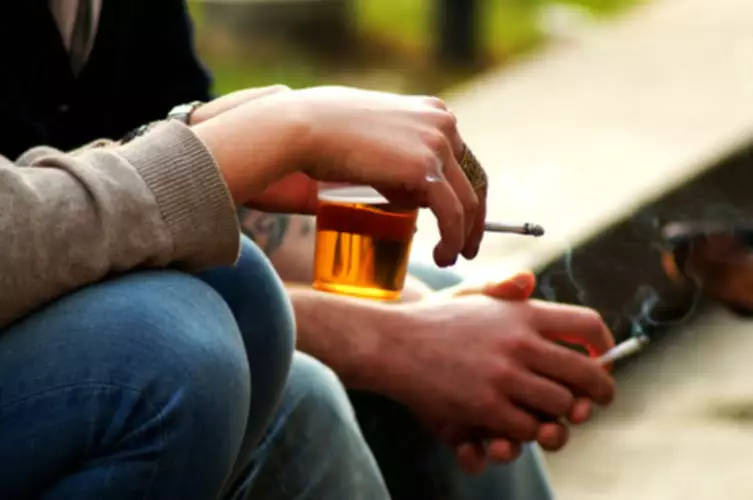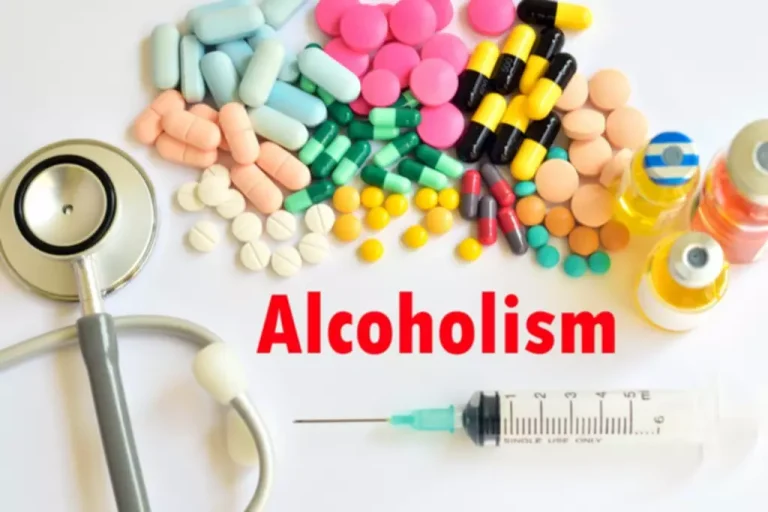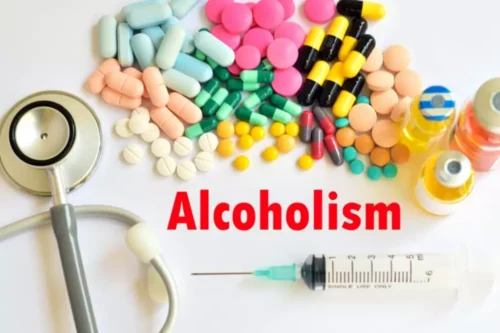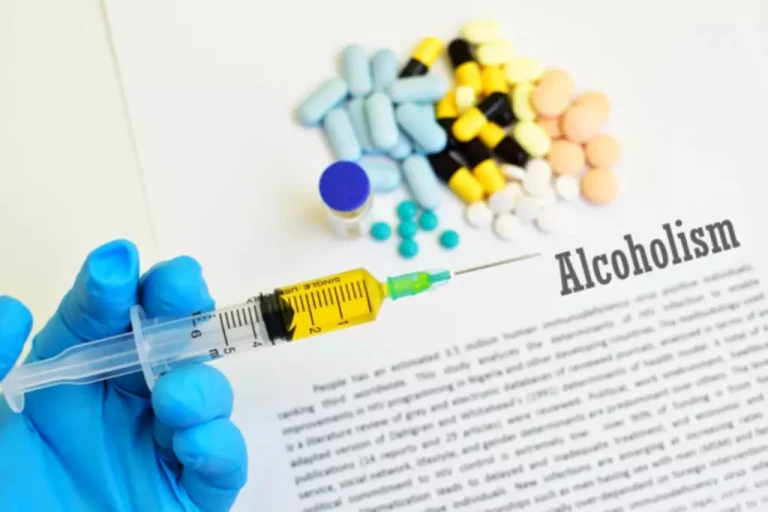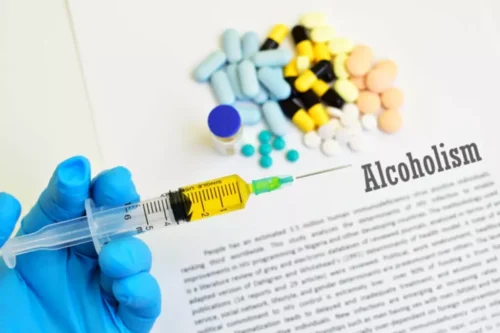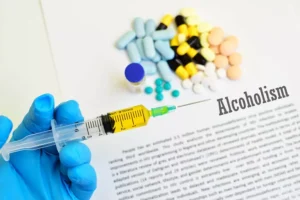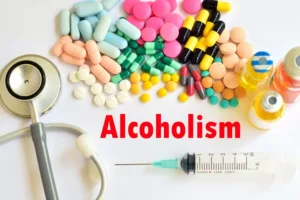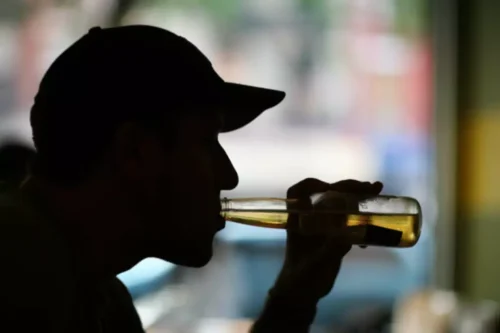
While most people do not develop cannabis use disorder, it can happen. So, it’s important to be especially aware of the signs of marijuana addiction. There are resources and treatment options available for those who are dealing with addiction. Cannabis use disorder, or marijuana use disorder, is when a person continues to use the substance even though they experience negative health or life effects from use. Symptoms include excessive focus on marijuana use; ignoring school, work, or relationships; other problems caused by marijuana use such as an inability to resist cravings; and more.
Marijuana Dependence
- This classification is something that really grates people who support legalization of marijuana.
- What they have scientifically is a pleasure system that’s about 20 percent below normal.
- Meanwhile, some who stop using marijuana regularly report unpleasant effects, such as cravings, irritability, pain, and sleep problems, which may last for up to 2 weeks.
- If you used it recently, your doctor might reschedule your surgery if it’s elective and not an emergency.
- If you think you may be addicted to marijuana, talk to your doctor about your symptoms.
Many studies have been done on the effects of marijuana abuse during pregnancy, and results are conflicting, possibly because of other substances used and/or abused during pregnancy, including tobacco. Things like extended family support, language-based discipline from parents, and a supportive peer group can help counteract some risk factors. A 2020 study found that people have “genetic liability” with cannabis use disorder, meaning they are born with specific genes that increase their risk. However, experts agree there are usually more contributing factors, such as environment, access to marijuana, socioeconomic status, and more. Another study found that those who begin using marijuana before the age of 18 are four to seven times more likely to develop a cannabis use disorder later in life.
How To Prevent Weed Addiction

Most early research into marijuana addiction suggested that marijuana use rarely produced tolerance and withdrawal. However, the marijuana that is available today is more potent than the marijuana of the 1960s, containing higher levels of the active ingredient delta-9-tetrahydrocannabinol (THC), which is the psychoactive component in marijuana. Two of the most common signs of cannabis use disorder are physical dependence and withdrawal.

Marijuana and Pregnancy
- The preoccupation/ anticipation stage is implicated in the reinstatement of substance use following abstinence.
- Keeping a diary of your cannabis use can act as a reality check, offering a clear view of your consumption patterns and alerting you to any trends towards increased use or misuse.
- Marijuana use disorder, also known as cannabis use disorder, is when the use of marijuana negatively impacts a person’s health or life but they continue to use it anyway.
- They don’t get caught with marijuana and never enter the legal system.
If you think you may be addicted to marijuana, talk to your doctor about your symptoms. Treatment works best when conditions that may be linked to marijuana use are discovered early. It’s short for cannabidiol, a substance found in both marijuana and hemp plants. CBD can be made into CBD oil and sold as pills, gels, creams, and other formulas.
However, research is limited and the details of the negative effects on the brain are not fully understood. If you need surgery and use cannabis, make sure to tell your doctor about your use. Whether you use it recreationally or medically, it can affect how your anesthesia works.
Medical Detox

THC also affects the brain’s reward system and the release of the “pleasure hormone” dopamine. This classification is something that really grates people who support legalization of marijuana. There are also the studies that indicate legalizing marijuana can reduce the misuse of opioids, alcohol, and other substances. Genes are one strong predictor of developing an addiction, said Dr. Alex Stalcup, medical director of the New Leaf Treatment Center in Lafayette, California. This should make it easy to understand why the stimuli we encounter when stoned are so intensely rich.
Health Conditions

According to the DSM, tolerance to a drug happens when, over time, a person isn’t able to achieve the desired effects or “high” by using the same amount of the drug. They will need a larger amount of the drug to achieve these effects. Someone who is addicted to marijuana will prioritize their drug use over other aspects of their life.
NAC helps regulate the intra- and extracellular levels of glutamate through the cysteine-glutamate antiporter. Increased extracellular glutamate levels activate inhibitory metabotropic glutamate receptors, reducing glutamate neurotransmission (Samuni et al. 2013). The upregulation of glutamate signaling during the anticipation/preoccupation phase may be counteracted with NAC treatment, reducing clinical symptoms of craving and therefore reducing relapse rates.
Marijuana Withdrawal
- Together, these fMRI findings indicate that chronic cannabis use alters amygdala function.
- While many people use marijuana (it’s the third most commonly used addictive drug, after tobacco and alcohol) most won’t become addicted.
- Plus, pediatricians and others have long said that marijuana can impair brain functions in people under the age of 25.
The brain may become resistant to the effects of the drug in an effort to protect itself, so that next time the person uses the drug, it doesn’t have as strong an effect. In order to feel the same high, the person has to take larger and larger doses. Dependence on marijuana happens when users build up a tolerance for the substance and need more and more of it to experience the same effect. Plus, pediatricians and others have long why is weed so addicting said that marijuana can impair brain functions in people under the age of 25.
Some studies have found that people often engage in cannabis use to lessen their feelings of anxiety or depression, and that self-medicating in this way can often lead to drug dependence. Other mental health considerations have been noted in people with cannabis dependence as well. Cannabis use disorder involves continued use of the substance even though the person experiences negative health or life effects from it. As a result, users develop a tolerance, needing more cannabis to achieve previous effects.

